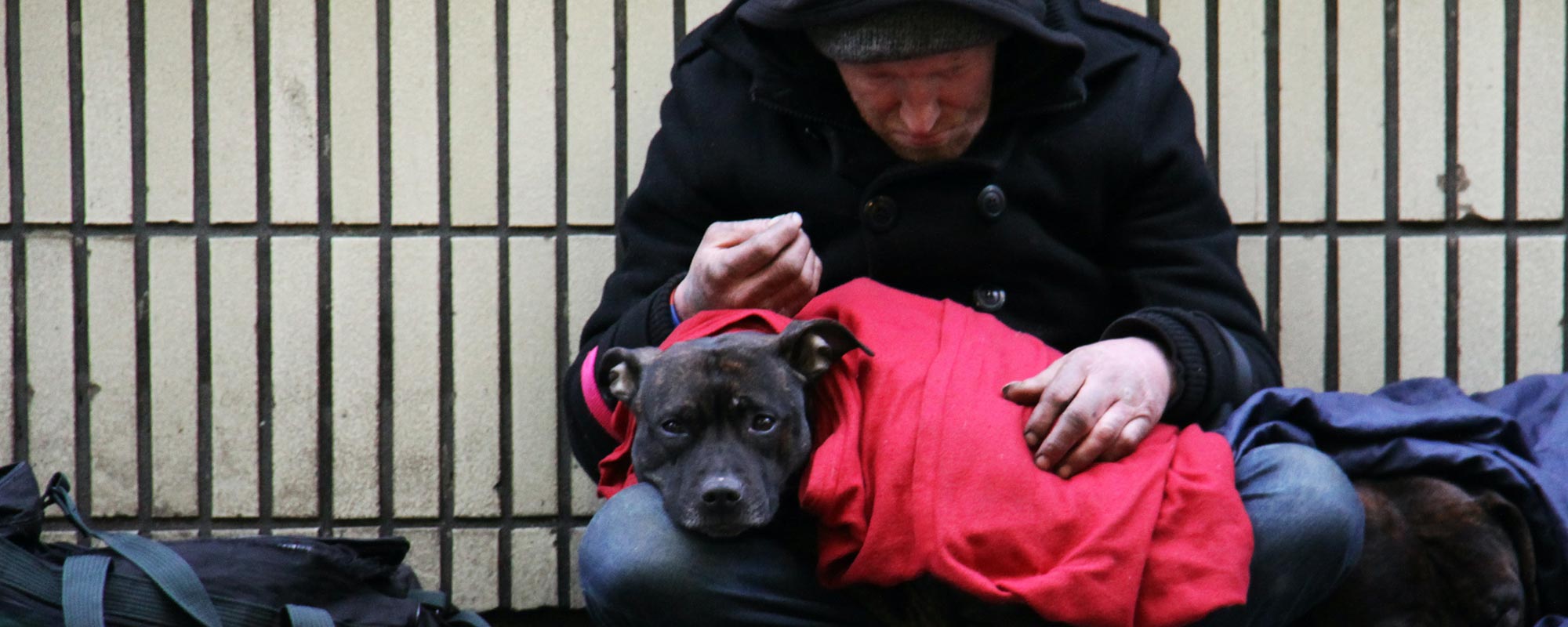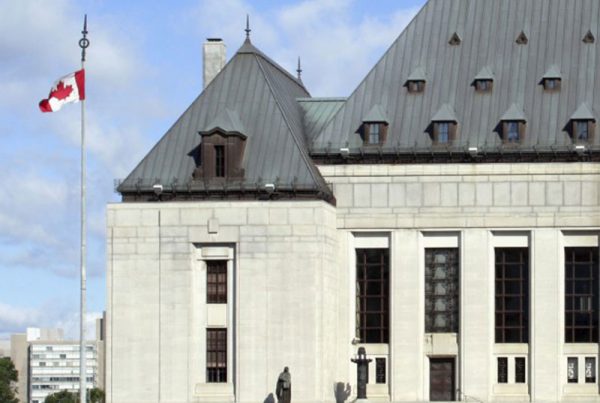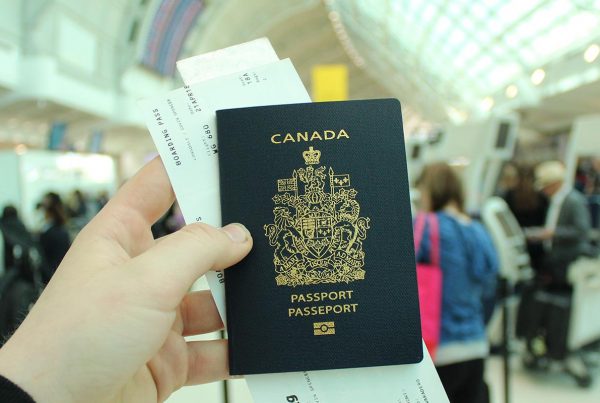City breached agreement to protect homeless, says coalition returning to court Oct 1
Toronto, ON – September 29, 2020 –
The City of Toronto is putting the lives of those experiencing homelessness as well as shelter workers at risk by failing to meet minimum physical distancing standards. A coalition of human rights and housing advocates say the City is not meeting its obligations under a binding settlement agreement it made a few months ago, to ensure homeless shelters meet physical distancing standards. As a result of this serious failure, the coalition is taking the City back to the Ontario Superior Court for a hearing on October 1.
In its written legal argument, the Coalition relies on emails and other documents it obtained through the court process to show that that senior managers within the City’s Shelter Support & Housing Administration had actual knowledge on June 15 that the City was not in compliance with its obligation under the Agreement. Nevertheless, on June 15, the City asserted to the Coalition that it had achieved 100% compliance with physical distancing requirements across the shelter system.
“Infection rates are on the rise and as we move into the colder months of the year, those experiencing homelessness need to know that shelters are safe places to turn to,” says Fareeda Adam of the Black Legal Action Centre. “The City of Toronto must not only adhere to its commitments, it must also take meaningful and proactive steps to ensure the safety of people in shelters. This is even more important as we brace ourselves for the second wave of a virus that disproportionately impacts Black, Indigenous and other racialized communities, as well as people living with disabilities.”
October 1 Hearing
The Coalition is returning to court to argue that the City had not met its legal obligations under the settlement agreement as of June 15, and that a substantial number of shelters have never achieved the 2 metre distancing standard that the City agreed to. The 2 metre standard set out in the settlement agreement is based on recommendations from public health authorities to slow the spread of the COVID-19 virus.
“The City of Toronto has breached its legal obligations to protect our most vulnerable residents. So far, there have been 45 COVID-19 outbreaks in the Toronto shelter system, 649 people who use shelters have contracted COVID- 19 and four people have died, and we are all now bracing for winter and the second wave” says Doug Johnson Hatlem of Sanctuary Ministries of Toronto. “The evidence in this case provides a troubling behind-the-scenes look into the City’s mishandling of COVID-19 in its homeless shelters.”
“The evidence shows that as of June 15, on the same day that the City asserted that it had achieved full compliance with the 2 metre physical distancing requirements, multiple City managers were aware that this had, in fact, not been achieved for a substantial number of sites across the shelter system,” says Jessica Orkin, co-counsel for the Coalition. “Unfortunately, this conduct reveals a troubling pattern of disregard for the truth.”
The evidence from the City’s own records demonstrates that the City failed to provide accurate information about what was happening in shelters, as it was required to under the terms of the agreement. The Coalition is therefore asking the Honourable Justice Lorne Sossin of the Ontario Superior Court to find that the City has not acted in good faith. The Coalition is also asking that the Court order that the agreement continues in force until compliance with physical distancing standards is actually achieved across all shelters, and that the Court appoint a monitor to oversee the City’s compliance with the settlement agreement going forward.
“The Coalition seeks to ensure that these important Covid-19 risk mitigation steps protecting people in our community experiencing homelessness are in fact realized, as required under the agreement with the City,” says Andrew Porter, co-counsel for the Coalition. “The City must be held to account for its legal commitments.”
“Even as we return to court to ensure minimum public health standards in shelters, we know that the real solution is safe, permanent housing for all,” says Kenneth Hale of the Advocacy Centre for Tenants Ontario. “Rather than scrambling to make it look like they had met the terms of their agreement, the City should be working with us to find long-term solutions.”
Background
The coalition brought a court application in April when it became clear that COVID-19 spread quickly in shared living situations and the City was not moving quickly enough to protect those who rely on the shelter system. The Coalition argued that in the context of COVID-19, the City of Toronto Shelter and Respite Standards had to be changed to ensure at least 2 metre distancing between beds, and that the City’s failure to do so was a breach of the Charter of Rights and Freedoms. On May 15, on the eve of a court hearing, the City and the Coalition reached a legally-binding settlement agreement.
In the agreement, the City agreed that it would ensure 2 metre spacing for all beds in the shelter system, that beds would be available for anyone who had accessed the shelter system since March 11, and that the City would provide regular Progress Reports to the Coalition until it had achieved compliance with its obligations under the agreement – meaning that all beds in the shelter system were spaced at least 2 metres apart.
On June 15, the City announced that it had reached compliance with the physical distancing requirements set out in the agreement. The Coalition suspected that this was not correct, and brought an application to challenge the City’s claim of compliance. In the course of this application, the Coalition’s lawyers cross-examined six City staff and forced the City to disclose thousands of pages of internal documents.
The coalition is made up of:
- Sanctuary Ministries of Toronto
- Aboriginal Legal Services (ALS)
- Advocacy Centre for Tenants Ontario (ACTO)
- Black Legal Action Centre (BLAC)
- Canadian Civil Liberties Association (CCLA)
- HIV & AIDS Legal Clinic Ontario (HALCO)
Sanctuary, ACTO, BLAC and HALCO are represented by Goldblatt Partners LLP.
CCLA is represented by Lenczner Slaght LLP.
Aboriginal Legal Services is represented by Emily Hill.
Interview opportunity:
Spokespeople from the following organizations are available for interviews:
• Jessica Orkin, Legal Counsel, Goldblatt Partners LLP, jorkin@goldblattpartners.com
• Andrew Porter, Legal Counsel, Lenczner Slaght LLP, aporter@litigate.com
• Doug Johnson Hatlem, Sanctuary Ministries of Toronto, djjohnso@yahoo.com
• Noa Mendelsohn Aviv, Canadian Civil Liberties Association, mendelsohnaviv@ccla.org, 647-780-9802
• Emily Hill, Aboriginal Legal Services, e_hill@lao.on.ca, 416-408-4041 x. 224
• Fareeda Adam, Black Legal Action Centre, adamfa@lao.on.ca
• Kenneth Hale, Advocacy Centre for Tenants Ontario, shadpob@lao.on.ca, 416-834-9645
About the Canadian Civil Liberties Association
The CCLA is an independent, non-profit organization with supporters from across the country. Founded in 1964, the CCLA is a national human rights organization committed to defending the rights, dignity, safety, and freedoms of all people in Canada.
For the Media
For further comments, please contact us at media@ccla.org.





